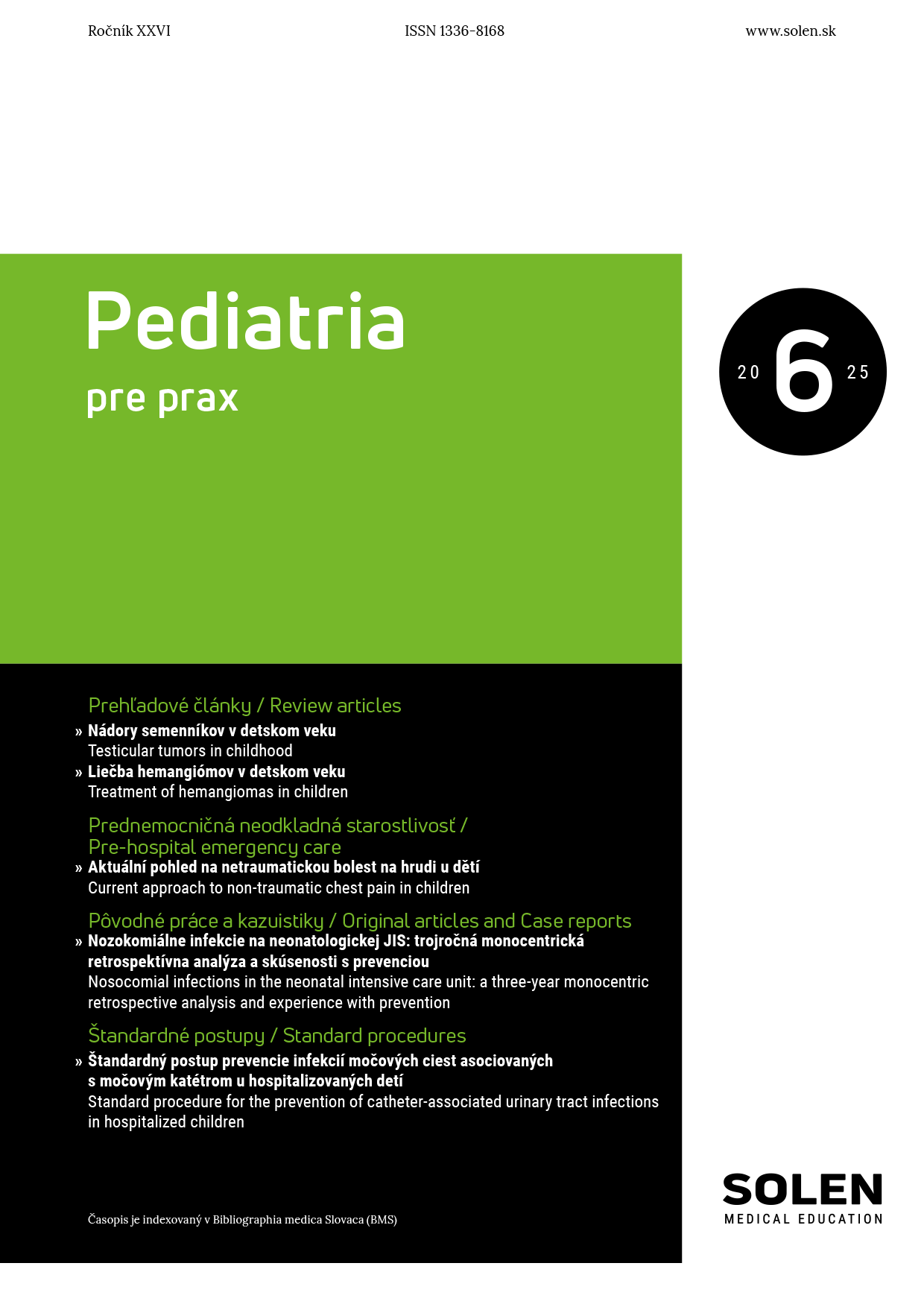Neurológia pre prax 3/2023
B-cell targeted therapy to impact the progression of multiple sclerosis
Monoclonal antibodies against CD20+ lymphocytes represent a highly effective treatment of multiple sclerosis by rapidly suppressing activity conditioned mainly by inflammatory processes. The progressive component of the disease presents a therapeutically more difficult problem - inflammation compartmentalizes beyond the blood-brain barrier, inflammation becomes diffuse, and degenerative processes play a role. Although the best effect of treatment is when it is started as early as possible, some patients may have progression from the beginning of the disease or are diagnosed at an advanced stage of the disease. Depletion of CD20+ lymphocytes may delay or slow progression in these patients. The aim of this article is to summarize the pathophysiology, the possibilities of influencing the progression of B lymphocyte depletion, the results of clinical trials and future directions in the treatment of progressive multiple sclerosis.
Keywords: multiple sclerosis, progression, monoclonal antibodies against CD20+ lymphocytes

















